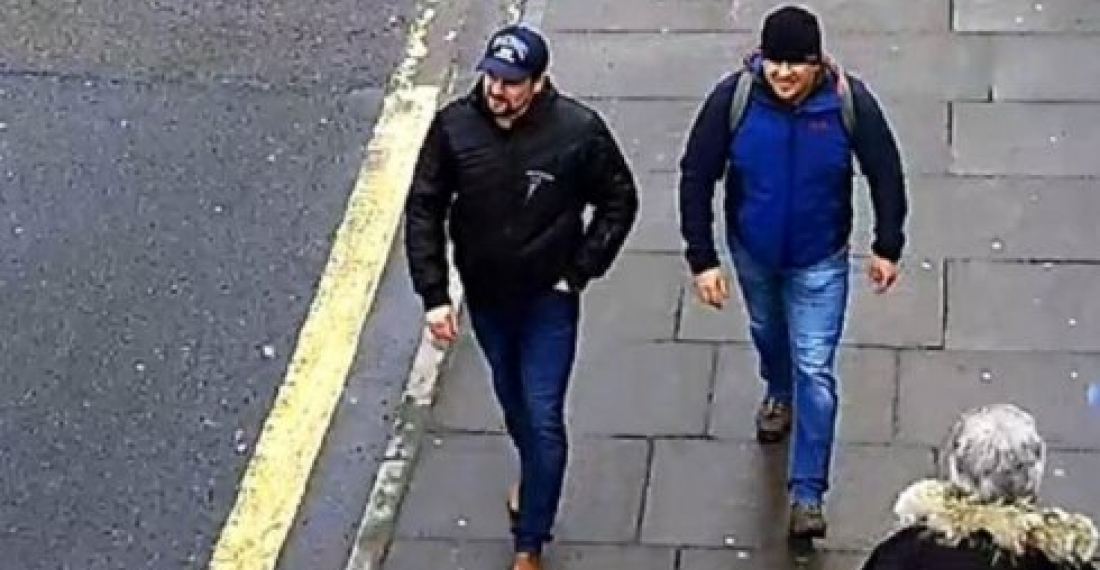Britain aims to step up collective action against the Russian military intelligence service, the GRU, after two Russian nationals were named as suspects in the attempted murder of former Russian spy Sergei Skripal and his daughter Yulia.
The men, using the names Alexander Petrov and Ruslan Boshirov, are thought to be officers from Russia's military intelligence service.
Britain's Scotland Yard and the the Crown Prosecution Service say there is enough evidence to charge the men.
Mr Skripal, 66, and his daughter Yulia, 33, were poisoned with the nerve agent Novichok in March.
Speaking in the parliament on Wednesday (5 September), Prime Minister Theresa May said the government had concluded, from intelligence provided by UK agencies, that the men were part of the GRU intelligence service.
The poisoning was "not a rogue operation" and was "almost certainly" approved at a senior level of the Russian state, she said.
"We must now step up our collective efforts specifically against the GRU," she added.
source: commonspace.eu with BBC
photo: Alexander Petrov and Ruslan Boshirov seen walking in Salisbury on 4 March 2018 (picture releleased by UK police)






